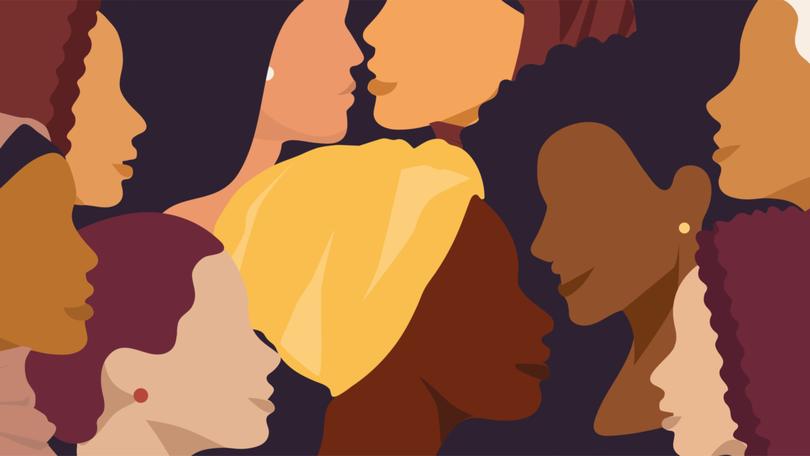KIMBERLEY CAINES: Here’s why every day should be International Women’s Day
International Women’s Day celebrates women’s achievements and educates and raises awareness of gender equality. But it shouldn’t be just one day.

International Women’s Day celebrates women’s achievements and educates and raises awareness of gender equality.
But it shouldn’t be just one day.
We need concrete change that will make one day out of the ordinary become the ordinary.
Sign up to The Nightly's newsletters.
Get the first look at the digital newspaper, curated daily stories and breaking headlines delivered to your inbox.
By continuing you agree to our Terms and Privacy Policy.It’s starting to happen, but not fast enough.
Last week, the Albanese Government unveiled a gender equality plan, which will add 12 per cent superannuation to taxpayer-funded paid parental leave from July next year.
For a working woman myself who plans to have children in the next 10 years, it’s nice to know my super balance will be going up during my time out of the workforce instead of being eaten up by fees.
Labor took this plan to the 2019 Federal election and then dropped it ahead of the 2022 ballot — much to the disgust of some voters.
Women’s equality advocates have been campaigning for the Commonwealth to close the super gap, with industry research showing that the average superannuation balance for women is about 25 per cent lower than that for men.
This is primarily due to women taking time off or working fewer hours while raising children.
Around 180,000 families are expected to benefit from the new super scheme each year. Parents can access 20 weeks of paid parental leave before that rises to 26 weeks by 2026.
Sadly, women worldwide face more discrimination than men, have fewer opportunities for economic participation, and are confronted with higher rates of violence and abuse.
Women make up 50 per cent of the population, and last month, we learned that, according to Workplace Gender Equality Agency data, they are paid, on average, 19 per cent less than men.
It’s hard to fathom that 55 years ago, we managed to send the first person to the moon — a man, of course — but we still can’t achieve gender equity in 2024.
We’re closer to having flying cars than to gender equality — that’s the hard truth.
Originally published on The Nightly
